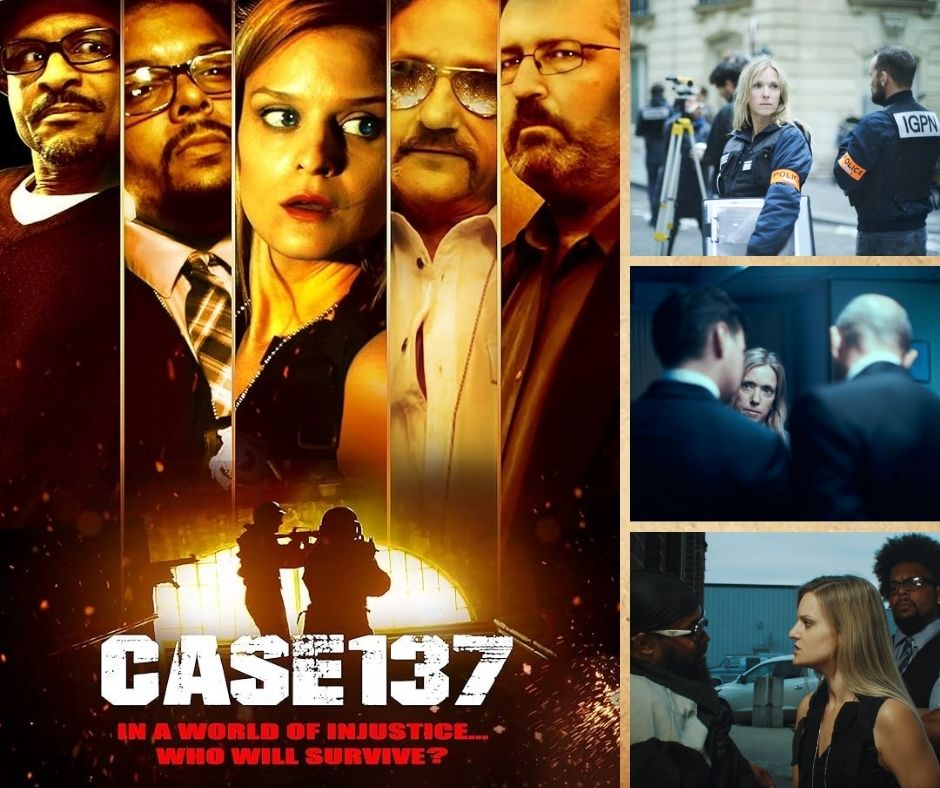Case 137
Powerfully relevant, but too straightforward.

Case 137 follows Stéphanie, a member of the French Internal Affairs division—what she calls “the police’s police.” Formerly in a more active policing role, she now investigates misconduct within the force. Her latest case involves a young man who was shot in the head with a flash-ball projectile—something officers are explicitly forbidden from doing. As she digs deeper, she uncovers disturbing evidence pointing to a clear abuse of power.
The film aims to expose the systemic rot within law enforcement, where officers protect each other and misconduct is quietly buried. It positions itself as an enraging commentary on institutional cover-ups and lack of accountability. But while the themes are undeniably relevant, the execution isn’t as impactful or searing as 2019’s Les Misérables. The film leans heavily on a clear-cut narrative: some officers committed wrongdoing, and the system closed ranks to protect them. There’s little ambiguity, no moral complexity, and not much to reflect on beyond the surface.
What does work is the investigation itself. Though it feels more like a solid TV police drama than a Cannes-level prestige film, watching Stéphanie piece together the timeline still delivers the familiar pleasures of procedural storytelling. Visually and stylistically, it’s all fairly standard—there isn’t a single scene that truly dazzles or surprises—but it remains engaging. Her dynamic with her ex-husband (a fellow officer who resents her current role) and her child (who interestingly resembles the injured boy) adds personal stakes that help ground the film.
Director Dominik Moll keeps the pacing tight and the story consistently watchable, rewarding viewers with new revelations as the case unfolds—without unnecessary dead ends or narrative stretching. Some of the most effective moments come in an unexpected kind of subway chase, and in scenes where officers under scrutiny are shown watching and trying to justify the very footage that incriminates them. The film also closes on a quiet, yet deeply poignant note. Still, it lacks a sharper perspective. It never fully embraces ambiguity or pushes into more daring territory in its portrayal of complicity. As it stands, Case 137 is a solid, if conventional, look at police complicity—how power is abused, and how effortlessly it protects itself.